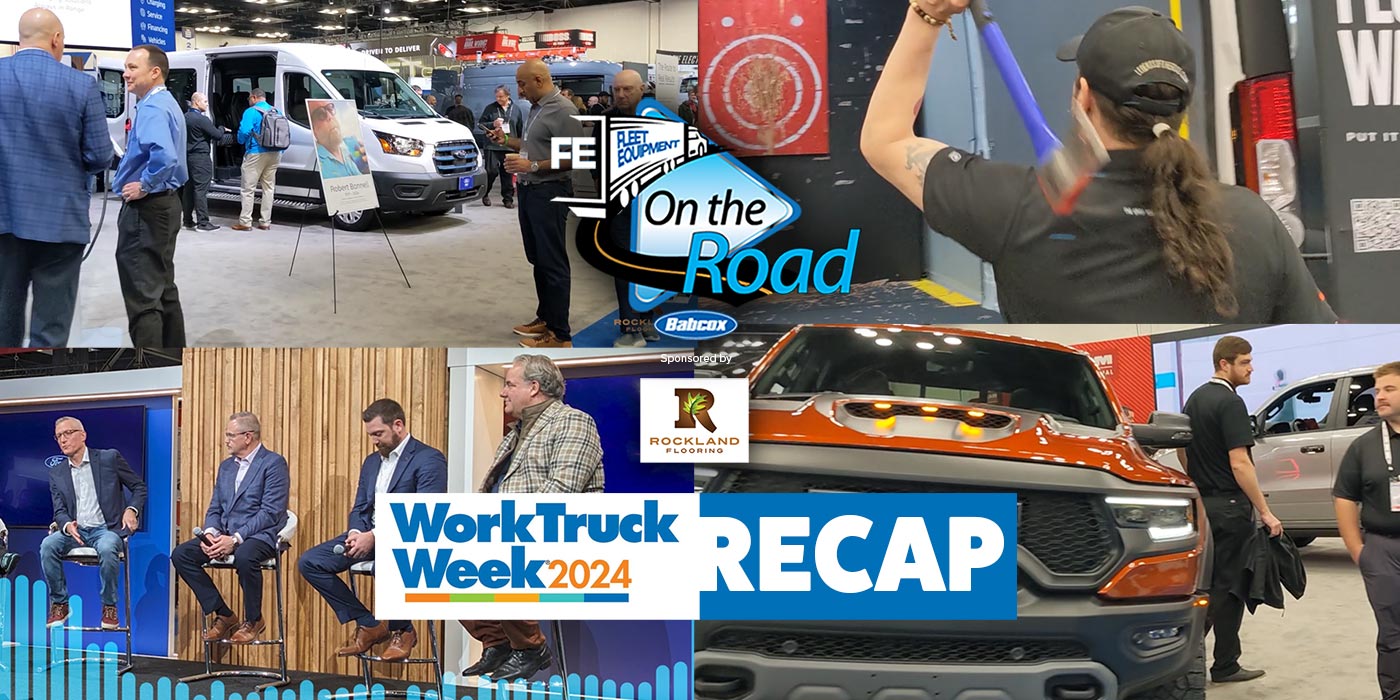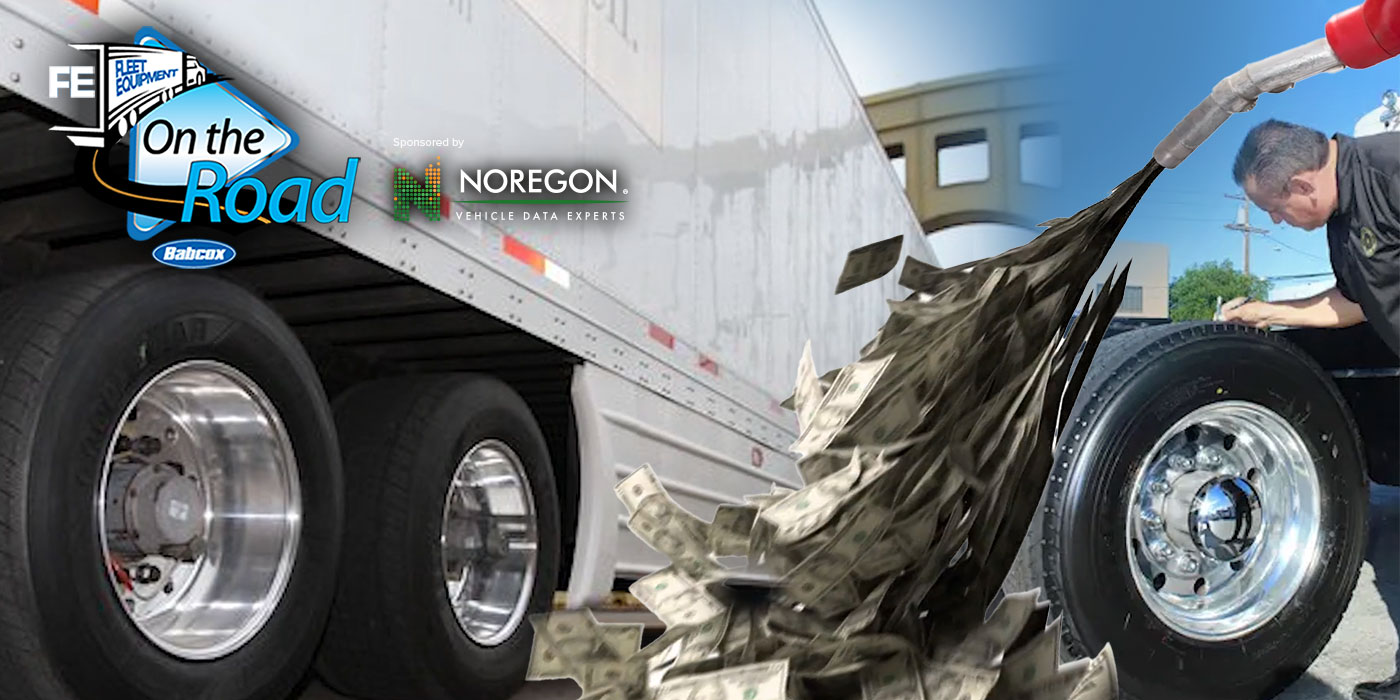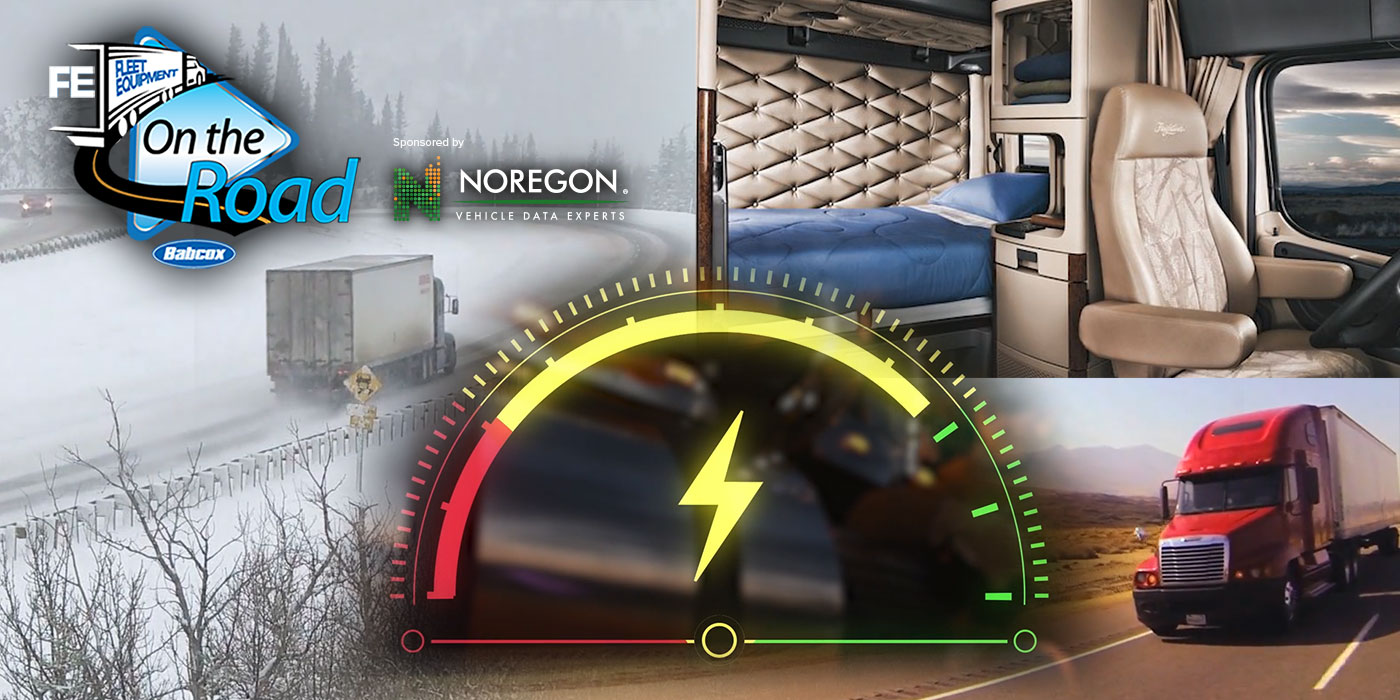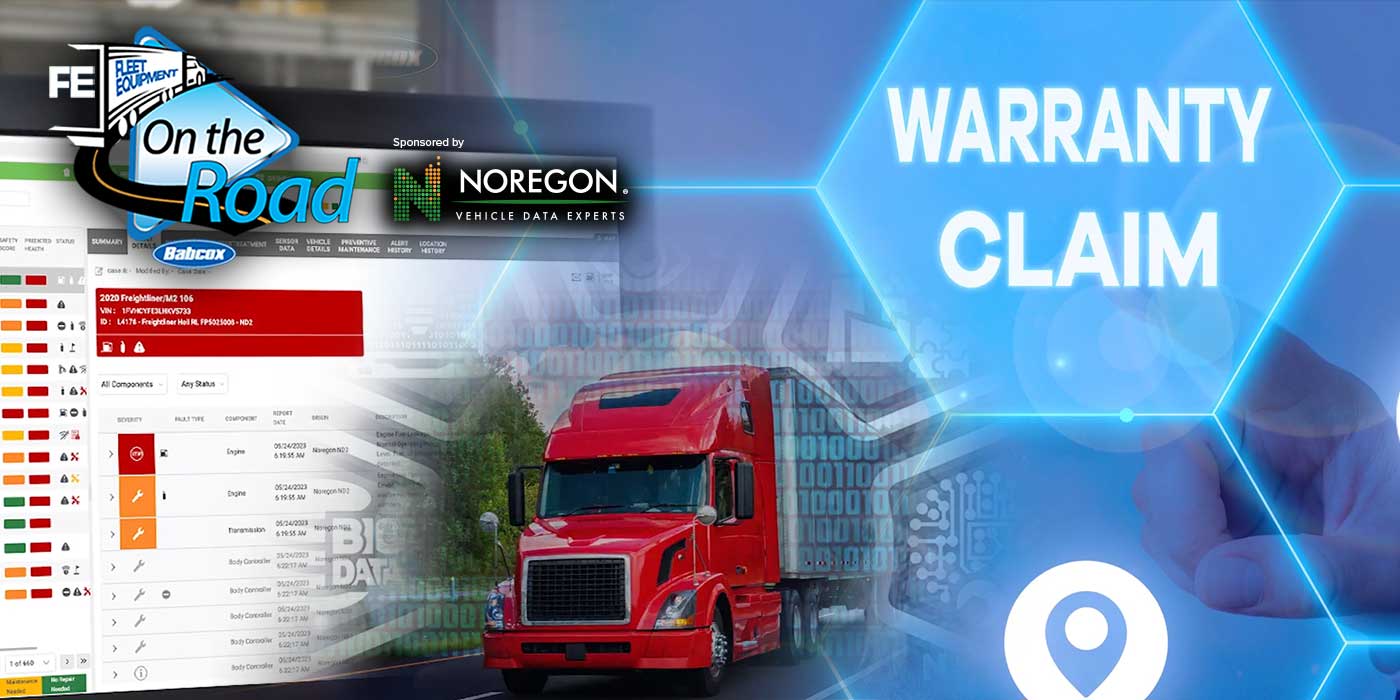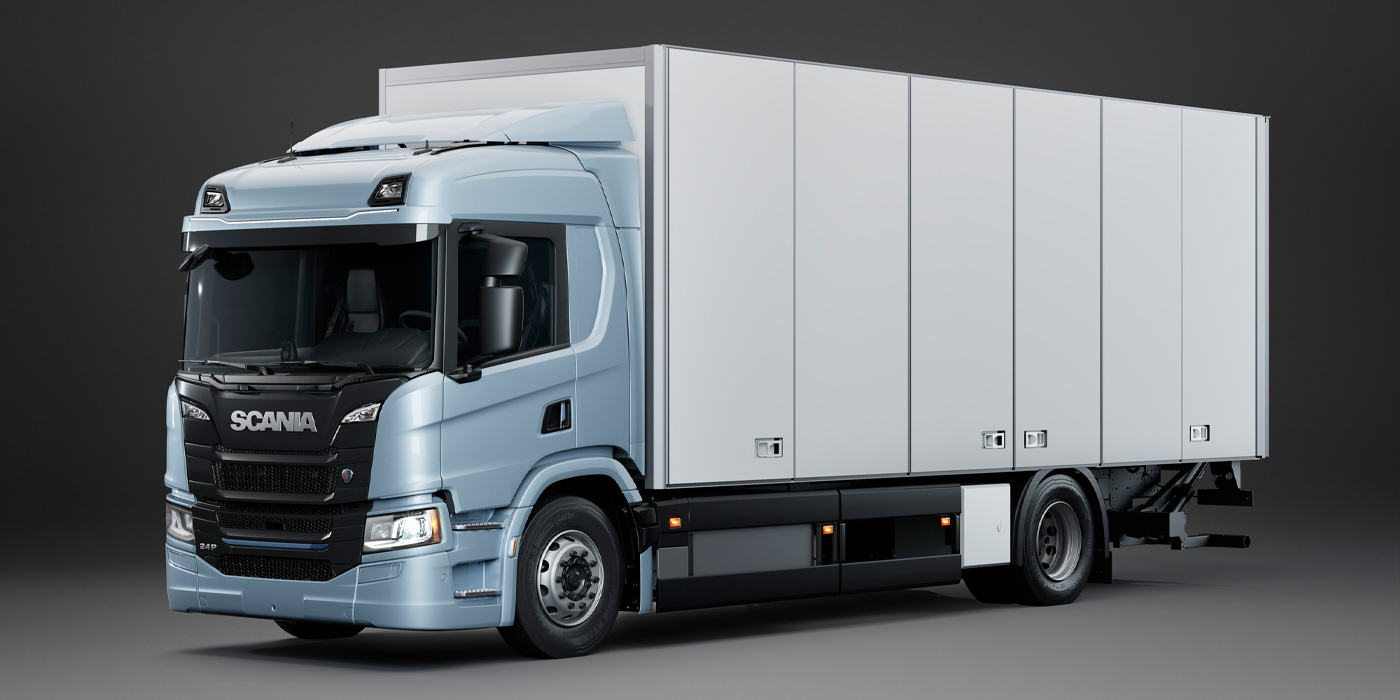Look, you don’t need me to tell you about the massive outright potential of battery electric vehicles. You want lower fuel costs? Sounds good. Reduced maintenance costs? Most likely. An overall lower total cost of ownership? Well, possibly. The trouble is there are still several barriers that must be overcome before the trucking industry will have the hope of seeing a heavy dose of adoption of BEVs. So what needs to be improved?
Click here to watch more of FE’s On the Road video series.
Improvement Number One!
Battery electric vehicles have been shackled to the grid, and to the charging infrastructure that provides access to it. And unfortunately, this infrastructure isn’t the best – but the solution is well within our grasp! This issue can be resolved by state governments, utilities, equipment providers, and customers joining hands and working together.
Of course, it’s never just that easy. Most fleets going the battery-electric route are planning to install their own charging infrastructure, instead of relying on third-party sites, but this means that the implementation responsibility rests on the shoulders of the transportation company. The largest barrier companies face is cost – and, by the way, this isn’t the first time you’ll hear me mention this.
This being said, state and federal incentives and rebates are incredibly critical for fleets going this direction. Keep in mind that the timeline for planning and installing your charging infrastructure is typically going to be two years or more, so start discussing your charging equipment needs and layout now.
Improvement Number Two!
Range anxiety. In this industry, there is simply no excuse for not having the range you need in between fill-ups. Not knowing if a vehicle will make it to a charging station before running out of power is essentially a nightmare scenario. Unfortunately, even the best of many of the medium-duty battery electric trucks today only have an expected range of around 250 miles, with a higher range typically accompanying higher Gross Vehicle Weight Rating (GVWR).
How does one stop such a struggle? Well, the range of BEVs will gradually improve as battery power density improves, but this may come at a cost passed onto the fleet. In the meantime, range anxiety can be mitigated by fleets using advanced features such as real-time range prediction, advanced route planning, and accessory power consumption estimation.
Now, one technology that has made great progress over the past few years that helps improve a BEV’s range is fuel cell technology. And that leads us to…
Improvement Number Three!
Fuel cell technology is making progress. In a relatively short timeframe, there has been a noticeable shift where this technology has gained industry acceptance as a viable technology to replace diesel. However, there are a few obstacles that are preventing the industry from clearly seeing the future of this technology – curses!
Durability, system cost, fuel availability, and hydrogen fuel prices are the main obstacles that need to be addressed here. Fuel cell technology can be a viable replacement for diesel and act as a range extender for BEVs. But the use of fuel cell technology is not plug and play for the vast majority of fleets, and most are going to face a pretty steep learning curve when it comes to adapting to the hydrogen supply chain.
If fuel cell technology should begin to take off, it will likely be able to address many of the concerns about running electric long-haul and regional trucks. But to this day there are still concerns around how heavy a fuel cell truck could be — we’re talking potentially 5,000 lbs. heavier than a diesel truck.
Ultimately, fleets might not have much control over stopping this particular struggle. Fuel availability and pricing will play a heavy role in determining the time to make decisions about investing in this technology. And so, for now, we wait.
Trucks are in the midst of transitioning to zero-emission technology, but we’ll have to address these needed improvements for full-scale adoption to take hold. God speed.



